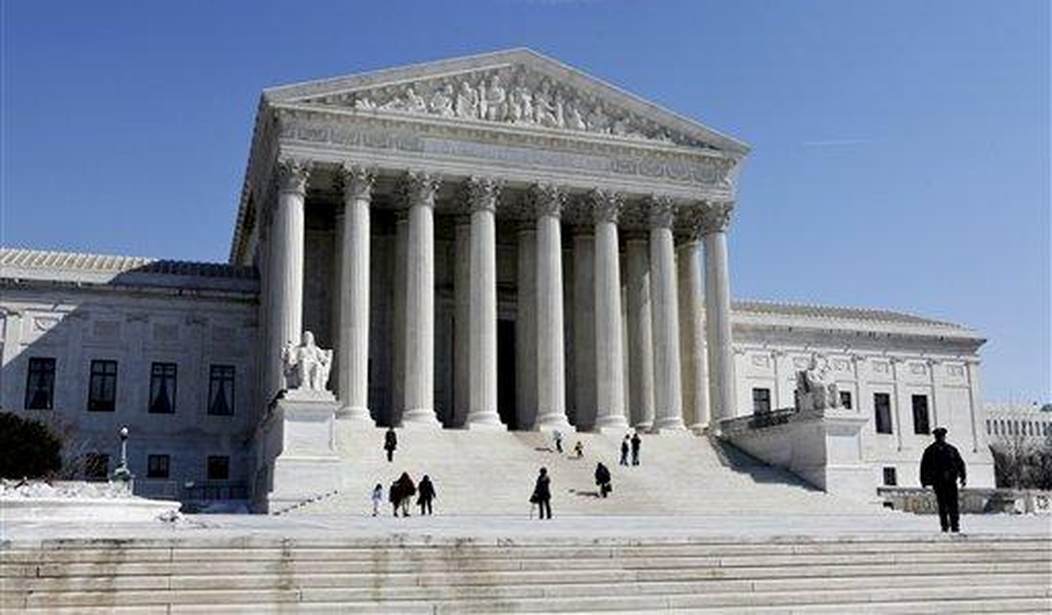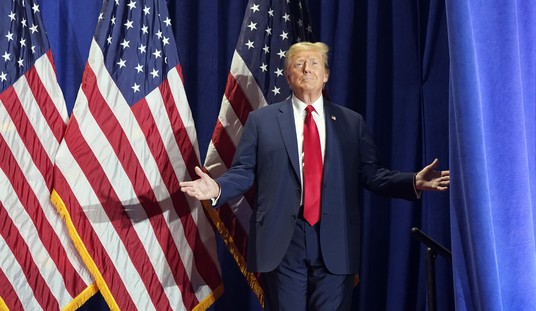Guess what’s unconstitutional? When the federal government tells property owners they cannot be paid by tenants who rent their property.
In September 2020, the U.S. Centers for Disease Control and Prevention (CDC) told state courts that they could not hear eviction proceedings and unilaterally declared that private property owners had to allow non-paying renters to live rent-free until the CDC says otherwise. At the time, the CDC pointed to COVID-19 as justification for its unprecedented power grab, but it quickly proclaimed that the federal agency could stop evictions at anytime in the name of “fairness”—pandemic or not.
If this sounds illegal and unconstitutional, that is because it is. In February 2021, a federal district judge in Texas declared that the federal government lacked the constitutional authority to stop evictions. He ordered the moratorium to be set aside. The ruling came as a result of a lawsuit filed by Southeastern Legal Foundation and Texas Public Policy Foundation on behalf of a coalition of private property owners who were forced to house others for free and carry all the costs that come with owning a house like property taxes and mortgage. Since then, at least three other judges have found the eviction moratorium to be unlawful or unconstitutional.
Even though the Texas court set the eviction moratorium aside and the CDC agreed in open court that it would honor any final judgment issued by the court, the CDC in an obnoxious abuse of power refuses to lift the moratorium. This blatant disregard and disrespect of the judiciary by the CDC should shock Americans.
But what may turn heads even more is that the United States Supreme Court is allowing the CDC to continue to ignore judicial rulings that the moratorium is illegal and unconstitutional because it will expire in a few weeks anyway. Ignoring the fact that the moratorium has already expired and been renewed three times, every day the moratorium is in place, private property owners are being deprived their constitutional rights.
The case reached the U.S. Supreme Court on an emergency appeal after a federal judge in D.C. stayed the injunction against the CDC. Four justices—Thomas, Alito, Barrett, and Gorsuch—voted to lift the stay, enforce federal law, and stop the CDC from its unlawful power grab. But the other five—Roberts, Breyer, Kagan, Sotomayor, and Kavanaugh—refused to hold the CDC accountable.
Recommended
Emergency appeals are denied, that is not unusual. But what makes this case different is that Justice Kavanaugh, who voted with the majority, wrote a concurring opinion in which he acknowledged that the “Centers for Disease Control and Prevention exceeded its existing statutory authority by issuing a nationwide eviction moratorium.” But because the moratorium is set to expire at the end of July—“only a few weeks” away—Justice Kavanaugh said it was OK to leave the moratorium in place. He opined that it was better to wait anyway, because it would give the CDC time to distribute rental assistance funds in a “more orderly” manner.
Once again, this should shock all Americans. A justice sitting on our nation’s highest court just acknowledged that a federal agency is violating the Constitution and federal law. Yet because the constitutional violation will continue for “only a few weeks,” he (and four other justices) does not see the urgency in striking down the agency’s action. And what’s more, he believes that the agency needs time to continue violating the Constitution so that it can sort through certain logistics.
Justice Kavanaugh concluded his opinion by stating that if Congress were to sign off on the CDC’s moratorium through formal legislation, he would be willing to leave the eviction ban intact. But Justice Kavanaugh misses the point—even by an act of Congress, the moratorium is unconstitutional.
Justice Kavanaugh’s opinion is dangerous for many reasons. But most pressing is the fact that the CDC has been extending its moratorium for weeks and months at a time since September of last year. Each time the ban nears its expiration, the CDC renews it. And according to Justice Kavanaugh, unlawful agency actions may be OK so long as they don’t seem permanent.
With the Supreme Court’s decision, landlords are left wondering what will happen if the CDC extends the moratorium at the end of July or if Congress ratifies it through official legislation. Will the Supreme Court finally strike down the ban? It’s either unconstitutional, or it isn’t. That should be the guiding standard when it comes to fundamental rights.

























Join the conversation as a VIP Member